
Kino Lorber
When I was growing up, much of my generation seemed to always want to know about who and what had come before.
We embraced older styles of music, older film stars, older TV shows.
By contrast, sadly, much of today’s generation seems to find most people and things that came before their own lifetime to be irrelevant and disposable. This is particularly sad when it means they’re missing out on someone like Steve Allen.
Steve Allen was a bit of a renaissance man in popular culture from the 1940s until his death in 2000.
He started out as a disc jockey and was quickly brought to television where he became the very first host of The Tonight Show. He also was a panelist on What’s My Line? and later hosted its companion series, I’ve Got a Secret.
He famously married one of the latter show’s early panelists, Jayne Meadows. On the several variety series he helmed over the years, his eye for talent gave early showcases to, among many others, Lenny Bruce, Don Knotts and Tim Conway.
As an actor, he scored big in the title role of The Benny Goodman Story. He was also an unusually prolific songwriter, despite having only a couple of actually memorable songs. He wrote multiple books about his life, show business anecdotes, other comedians, a cult his son was involved with, and The Bible. One of his best-received projects was for PBS—hosting a fictional, scripted, talk show called Meeting of the Minds, in which actors portraying long-dead historical characters met to discuss various philosophical points.
One of Allen’s lesser projects was 1960’s College Confidential.
College Confidential is odd, even for an exploitation flick, which is, at heart, what it is. How much a modern-day viewer might enjoy the movie would clearly depend on how familiar they are with its stars, its guest stars, with the evolving state of the movie industry at the time, and with The Kinsey Reports that jump-started the sexual revolution in 1948 and 1953.
With his trademark Clark Kent glasses, Steve Allen handily portrays an eccentric college professor conducting a scientific Kinsey-style sociological/sexual report of his own among various female students. It’s all on the up and up, cleared with the college brass (Herbert Marshall) and aimed at scholarly publication, but as word starts to get out about the project, some parents question the morality of both the report and the professor. One parent accuses him of “indoctrinating young girls into sex practices.”
When he accidentally gets drunk at a student party, and dirty movies end up getting shown, the whole thing ends up in court.
Allen was one of the most recognizable figures in the US at the time College Confidential was released and it was only his second starring motion picture. While I wouldn’t say he plays himself (although his character is also named Steve), his natural reputation and bearing as a thinking man’s comedian fits the role to a “T.” Wife Jayne is even along for the ride as a reporter/love interest.
The rest of the cast is a mixed bag. Cathy Crosby (daughter of Bob Crosby, not the wife of Bing) and Theona Bryant, come across as if just reading their lines, and not very well at that. Mickey Shaughnessy, an underrated character actor of the day, is fine in support, as always. Norman Grabowski (billed as “Woo-Woo” Grabowski) was a real-world hot rod designer who went on to be typecast as football players or bullies for the most part in juvenile delinquent flicks, beach party movies, and live-action Disney comedies.
Future country music superstar Conway Twitty (channeling Elvis) and Randy Sparks (soon to found the New Christy Minstrels) sing a few songs. The rest of the score consists of some intermittent jazz. I’m surprised Steve himself didn’t score it but credit goes to Dean Elliot.
The trial sequence in the film, described as the most controversial trial since the Scopes Monkey Trial, allows for cameos from numerous well-known columnists of the day including Walter Winchell (actually billed third in the credits), Earl Wilson, James Bacon, and Sheilah Graham. It all leads up to an unexpected twist ending.
The whole plot is set off by Mamie Van Doren, who lies to her mother and father (Pamela Mason, wife of James, and the great Elisha Cook, Jr.) about Steve to cover up her real late-night activities. Mamie—still around in 2025—is often written off as just another one of the numerous Marilyn Monroe clones of the period but she was more than just a sexy body and a pretty face. Her performance here, in fact, is probably the best in the picture. One of the reporters literally describes her as “a Mamie Van Doren type.”
Hard to believe but, in 1960, words like “sex,” “virgin,” and “intimacy” were shocking to viewers, as well as to characters in the story. Exploitative as it is, College Confidential was cutting edge once, and ahead of its time. Over the next decade, Hollywood movies would become more and more explicit and this well-meaning, relevant, little drama, written by the same man who wrote the screenplay for Rebel Without a Cause, would become a trivia question.
Despite its being so outdated, I personally found College Confidential to be a fascinating time capsule movie, fun at times, quaint at others, and, as a lifelong history buff and a Steve Allen admirer, I’m glad I watched it. Your mileage may vary.
Extras include audio commentary and trailer.
Booksteve recommends.




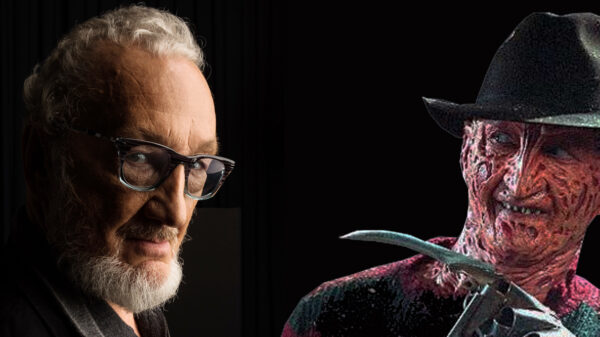
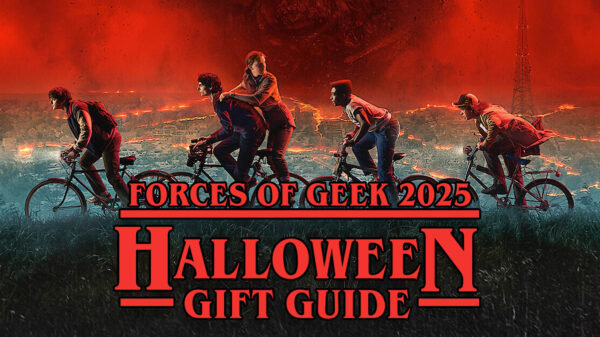
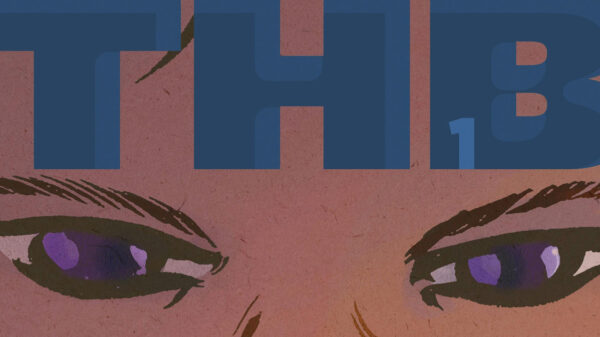

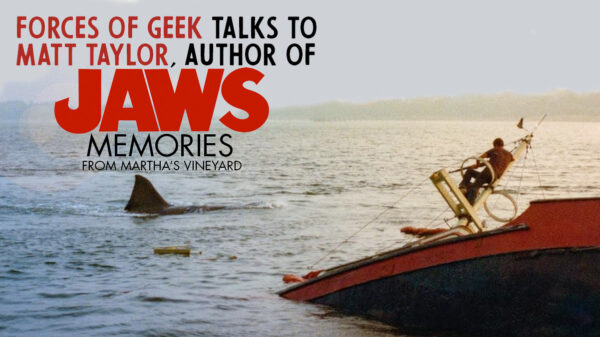
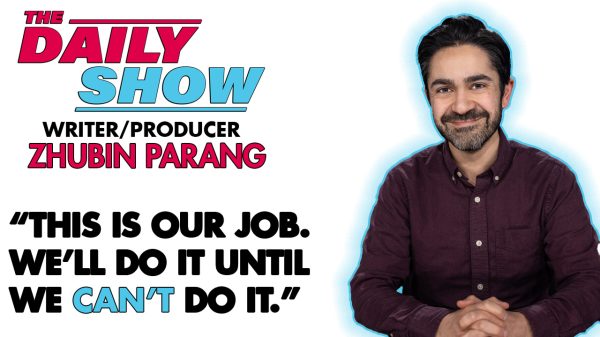
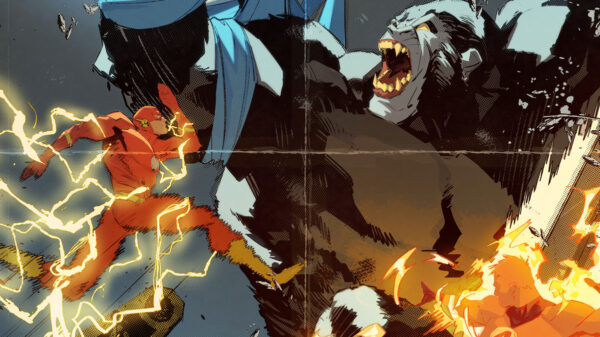
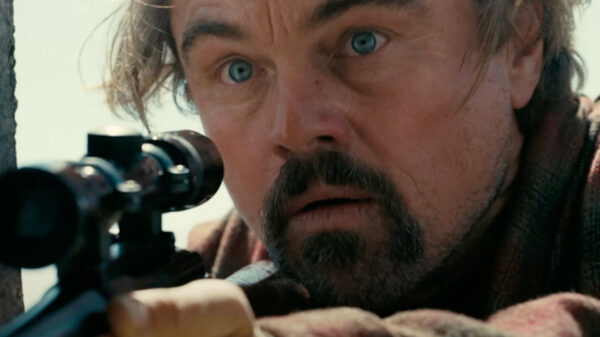
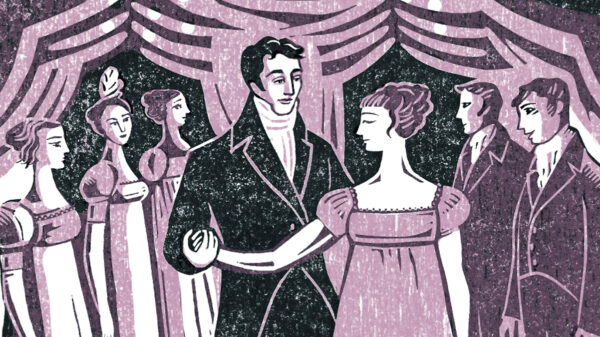
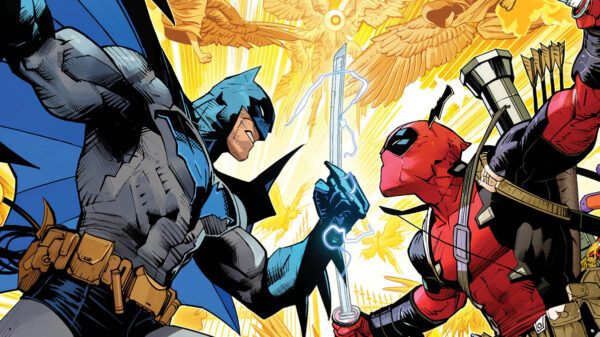
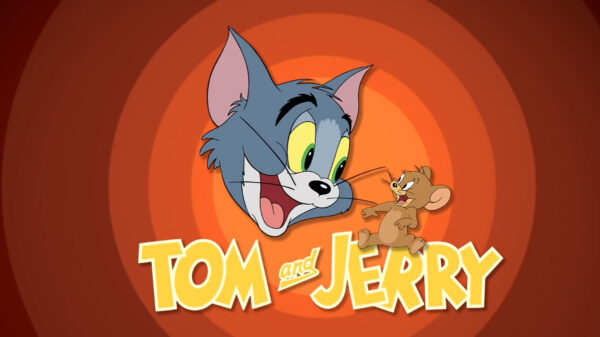



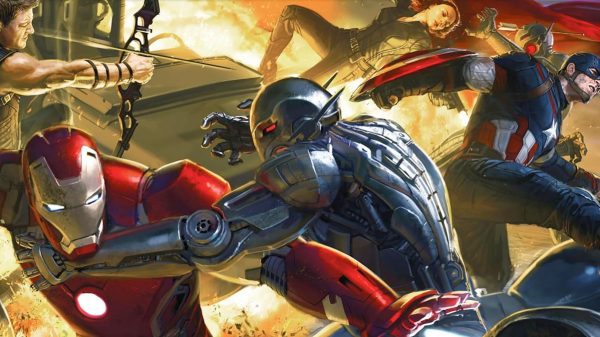

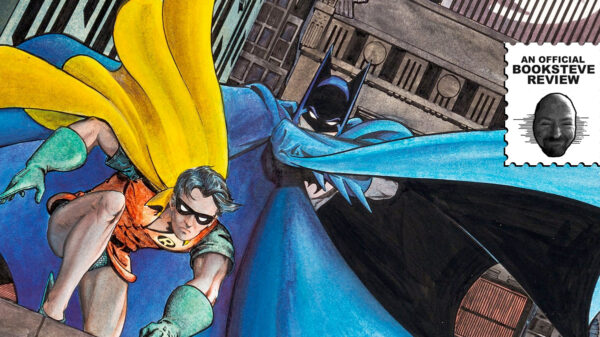
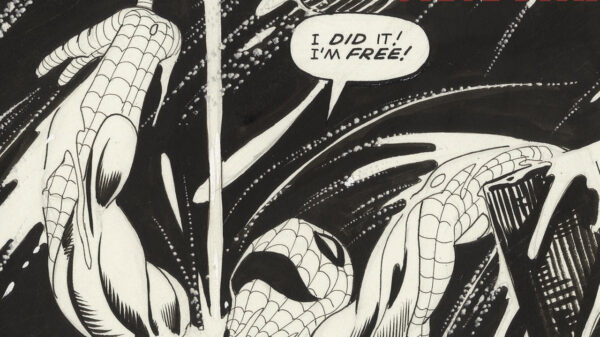
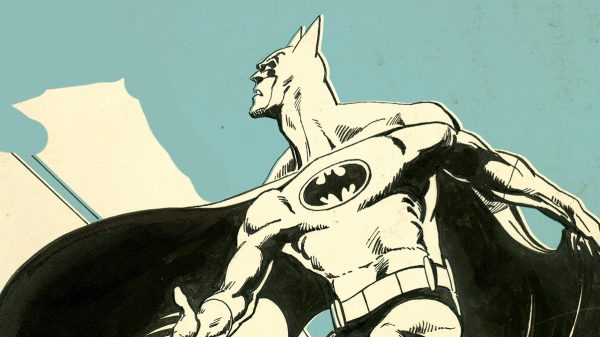

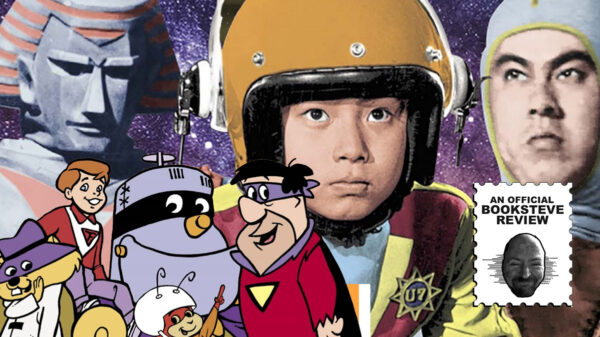
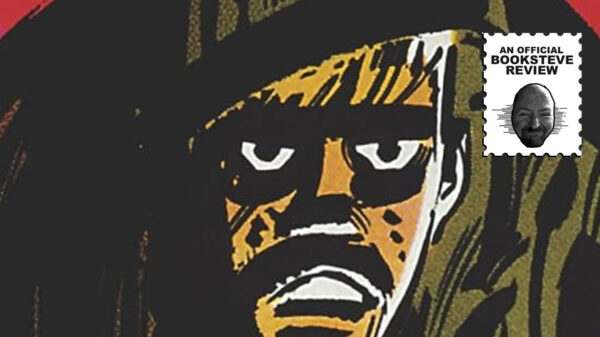
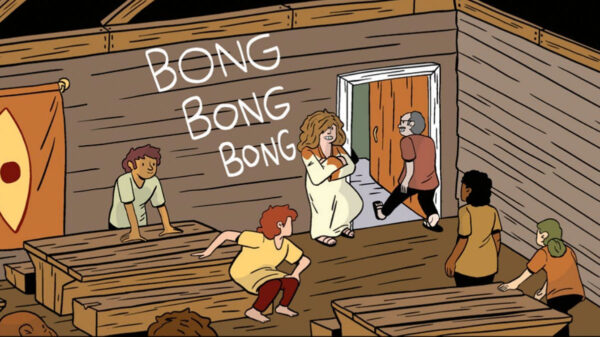
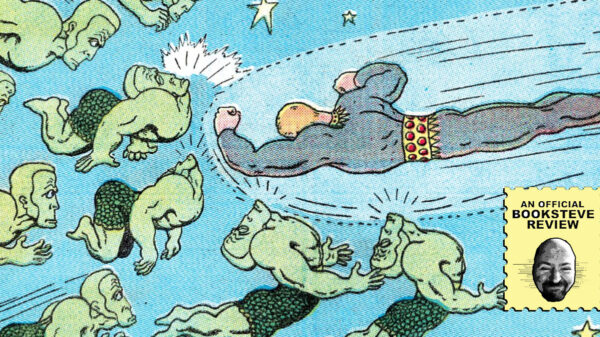
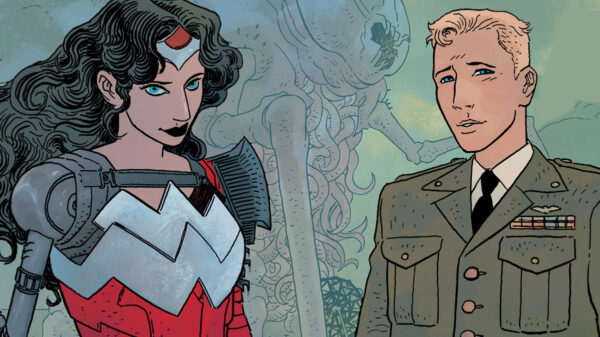









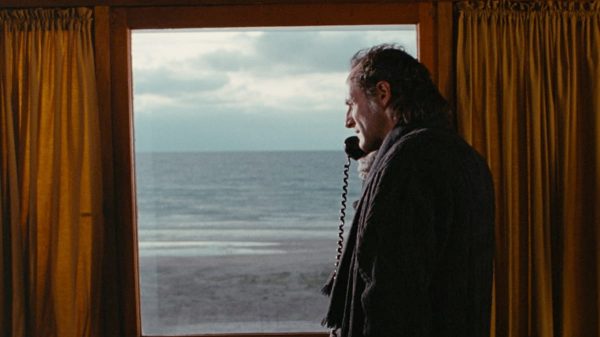
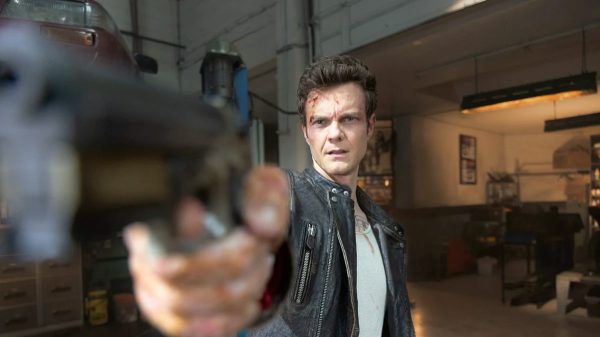
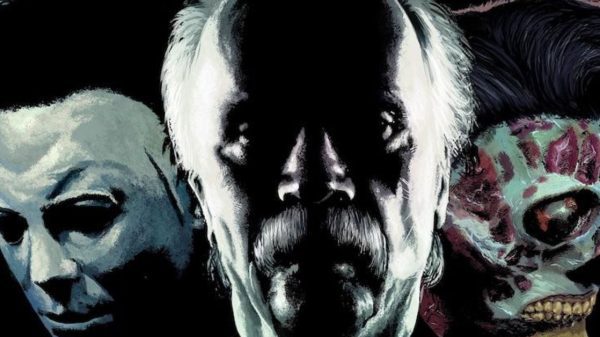
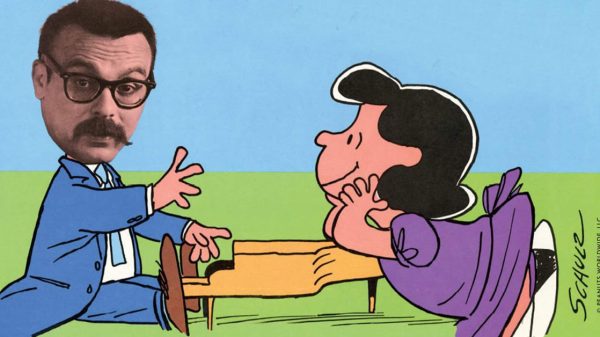
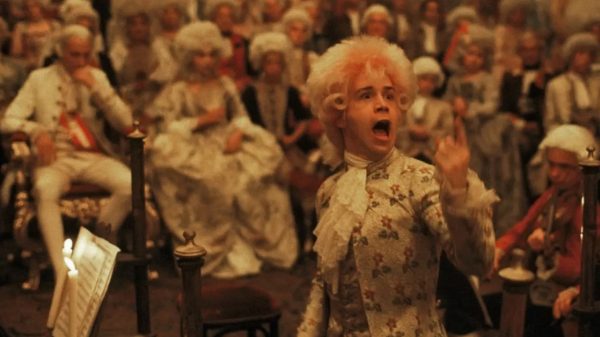











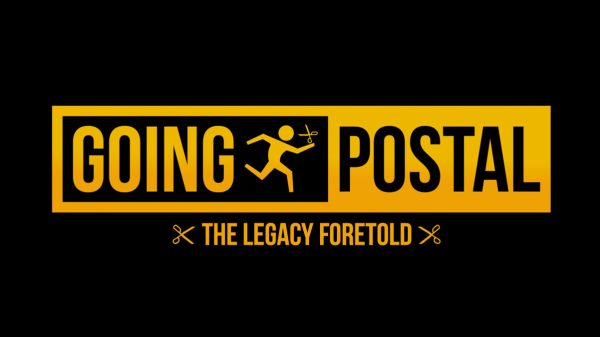

















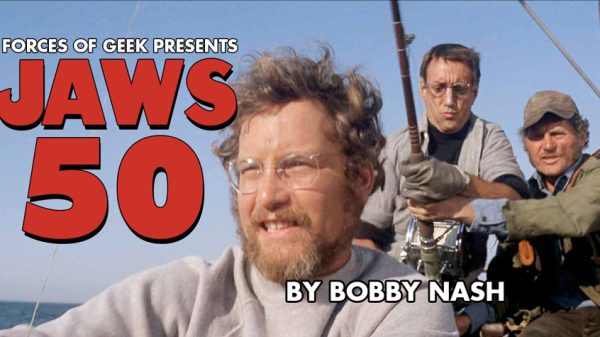









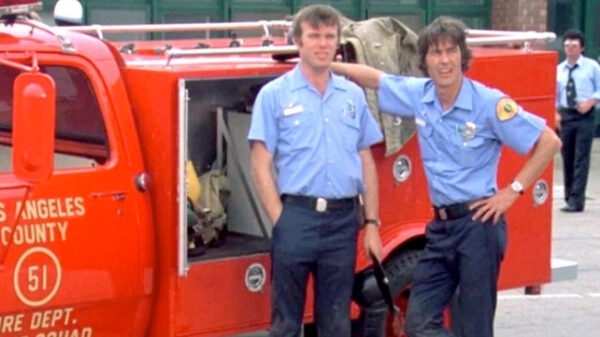
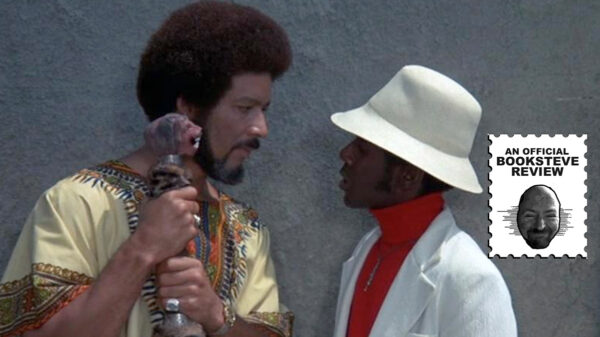
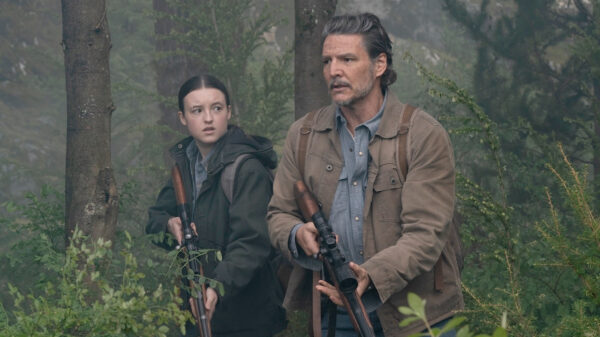




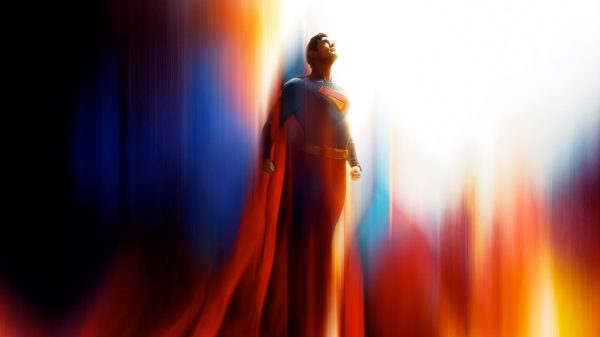
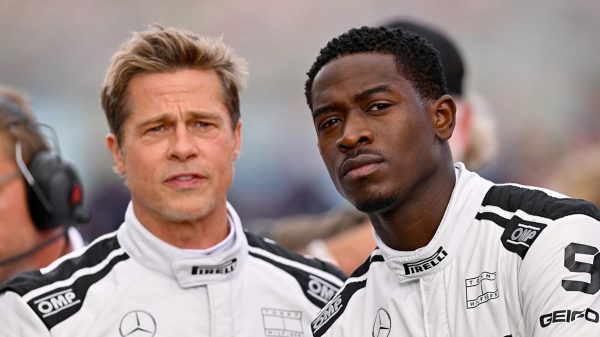
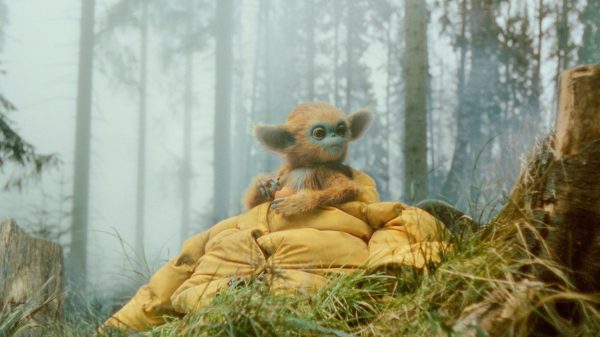



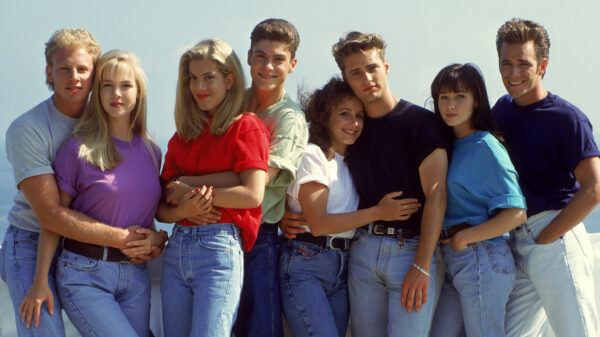
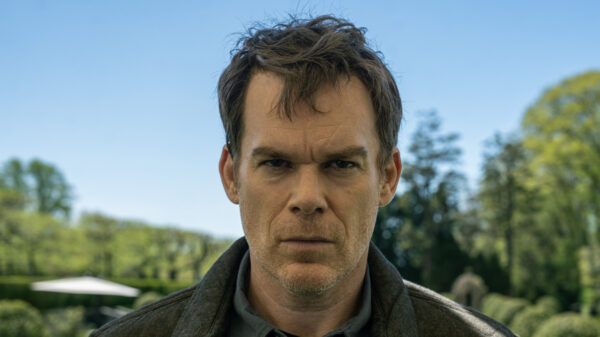
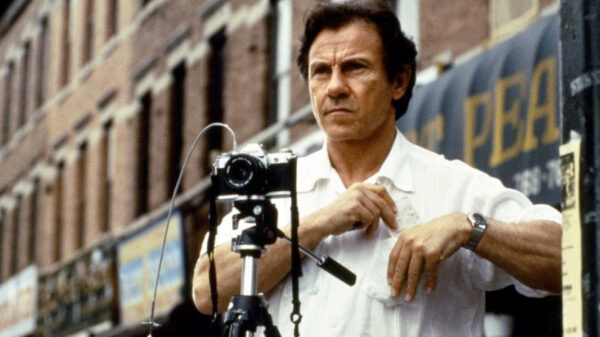
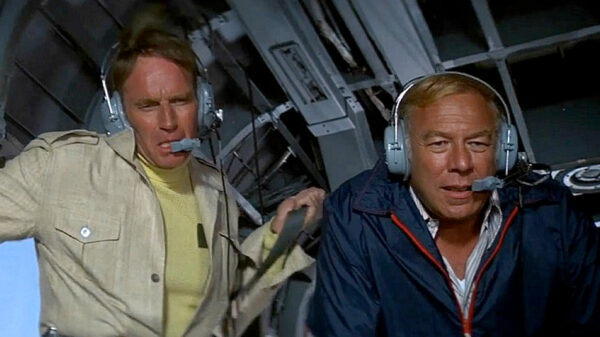




You must be logged in to post a comment Login